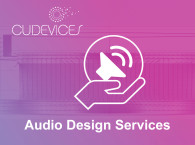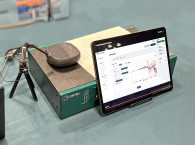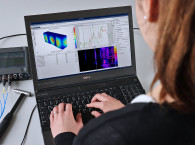Absolute truth requires experimentation and a large amount of data. Every company and team that I’ve been on have unique strategies to conduct experiments, collect and manage their data. Herein lies two of my biggest frustrations over my decade-plus experience: inconsistency that leads to re-invention.
Engineers and scientists like myself are tired of burying ourselves in spreadsheets, rewriting code, double-checking other colleagues' work, and wasting their talents on clerical tasks such as finding, reorganizing, and renaming files.
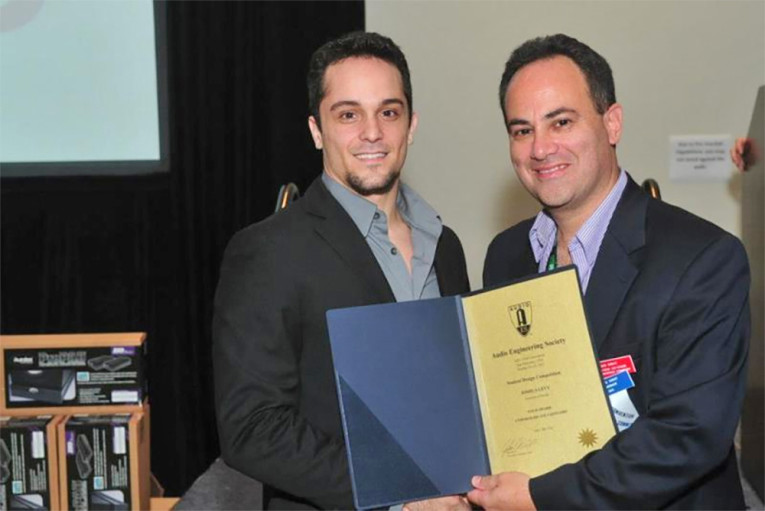
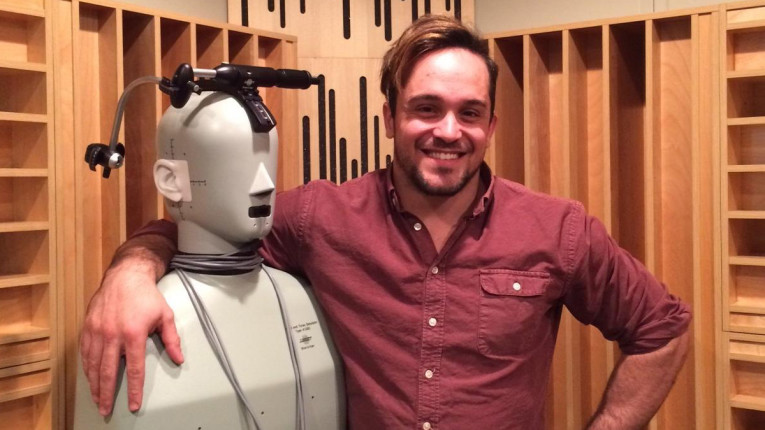
Most of my early test validation work at Amazon Lab126 was squandered, chasing down who had worked on similar experiments in the past, where data and equipment could be found, and creating/sharing results with colleagues to produce insightful project direction. I still recall very vividly having to fly to China to set up a test station at a factory, just because there was a discrepancy in calibration.
This is why I’ve built the Lyceum. The Lyceum is a software application where scientists, system engineers, and research & development teams can store and post-process large amounts of data, then collaborate with teammates and/or other professionals on project problems.
Currently, the Lyceum can functionally service audio systems engineers in the product development process. It ingests measurement data from software such as Listen Soundcheck or Audio Precision APx, and provides users the ability to graph/visualize, calculate statistics, and generate yield numbers from a manufacturing build. For example, when a company is developing a product to go-to-market, it's often required to baseline the product's performance against its competition. An audio engineer does this by evaluating a metric, such as frequency response, of a speaker they’re developing to current speakers being sold.
So when a team is developing a product called the “Speaker X”, their requirements are that it performs louder and more clearly than “Speaker Y” and “Speaker Z.” In order to establish a baseline target, they develop a measurement experiment to acquire data of the frequency responses of all three speakers.
After the data is acquired, a user can upload it to the Lyceum via the data ingestor. The data ingestor attaches descriptions, permissions, and even cleans the data properly to be used in post-processing in the future.
Post-process is where the analysis happens. This is handled by the Lyceum by creating a working session, whereby multiple users can access the data and post-processing applications.
The functional applications the Lyceum currently offers will be supplemented by additional tools for more advanced post-processing, as well as contributions by the Lyceum community. The community will be able to submit and use their own data-processing scripts/apps, further enhancing the platform’s capabilities.
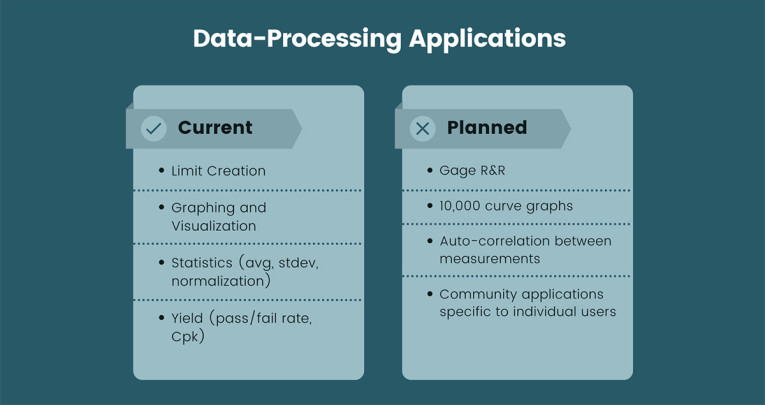
By standardizing the datasets ingested in a single platform and offering users a community to freely store and contribute to data-processing applications on the same platform, I am enthusiastic about how the industry of consumer electronics as well as science in general can benefit from the Lyceum.
I often consider the future of the Lyceum to play a role in any science-based problem, where a user will develop a strategy for experimentation, data-collection, analysis and conclusion, directly on the Lyceum.
This is the Aristotelian scientific-method in a web-based collaboration application. This is the future of scientific knowledge expansion. There is nothing I get more excited about than bringing a scientific-method to the general masses. This includes users that may not have professional experience or do have professional experience and wish to leverage the Lyceum’s capabilities to produce more results, better and faster than ever before.
Example scenario:



Please visit www.thelyceum.io for more information about the platform. You can sign up for the beta today, and I will help you at every step of the onboarding process.
 About Joshua Levy
About Joshua LevyI'm a hardware engineer with more than 10 years of experience, based in Southern California. I've worked on products like the Amazon Alexa and Meta Oculus, and I have grown frustrated with the current processes and inefficiencies of the consumer electronics industry. This is why I created The Lyceum, an online collaborative software that facilitates hardware system engineering research & development and manufacturing by automating data-intensive tasks, keeping a track record of historical technical data, and offering tools for online group work. The Lyceum facilitates hardware system engineering team research & development, and manufacturing statistics.
This article was originally published in The Audio Voice newsletter, (#401), December 8, 2022.



